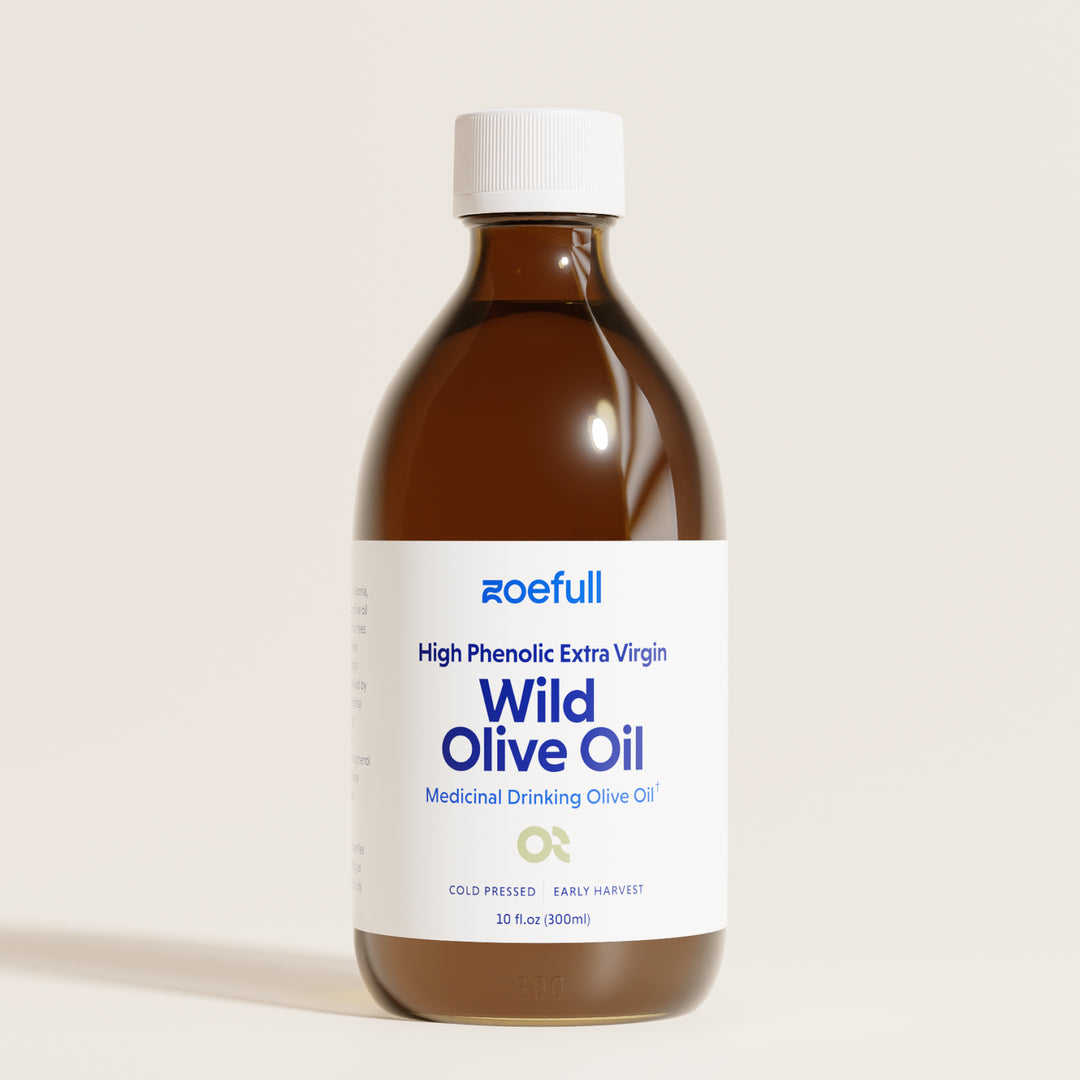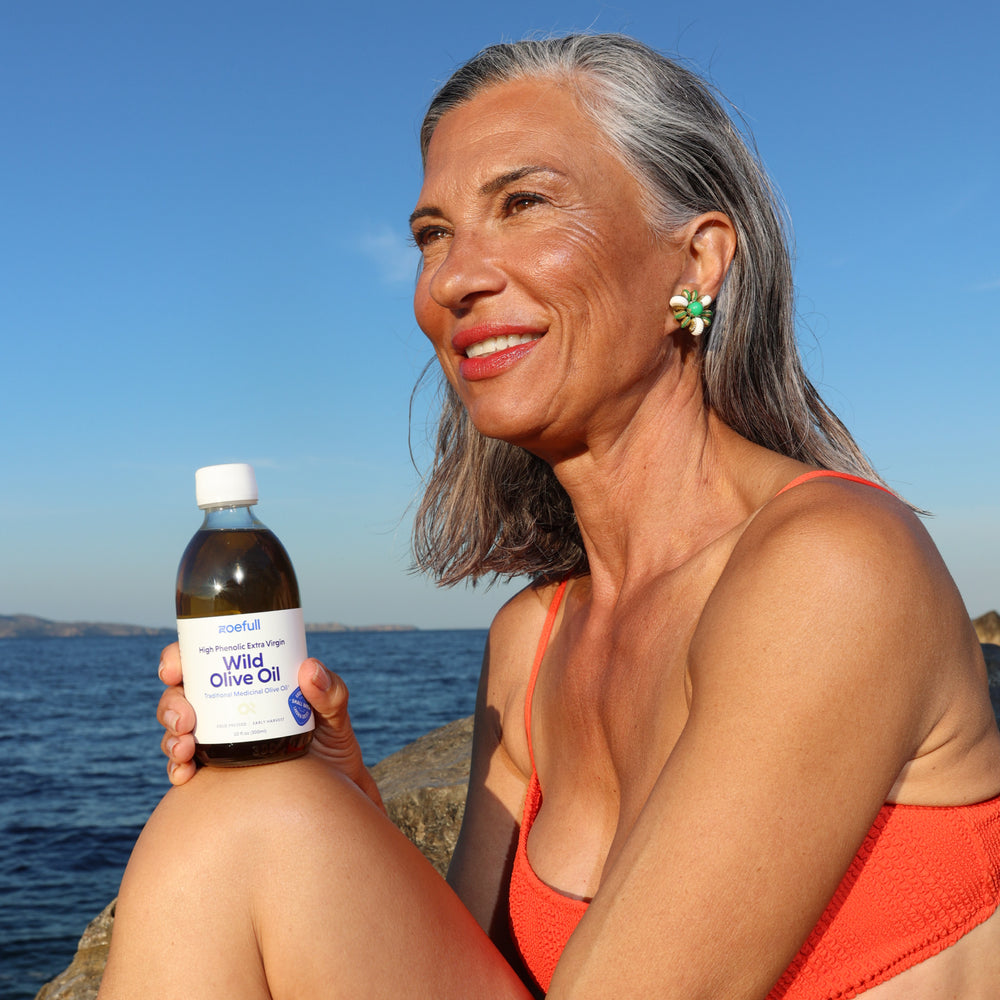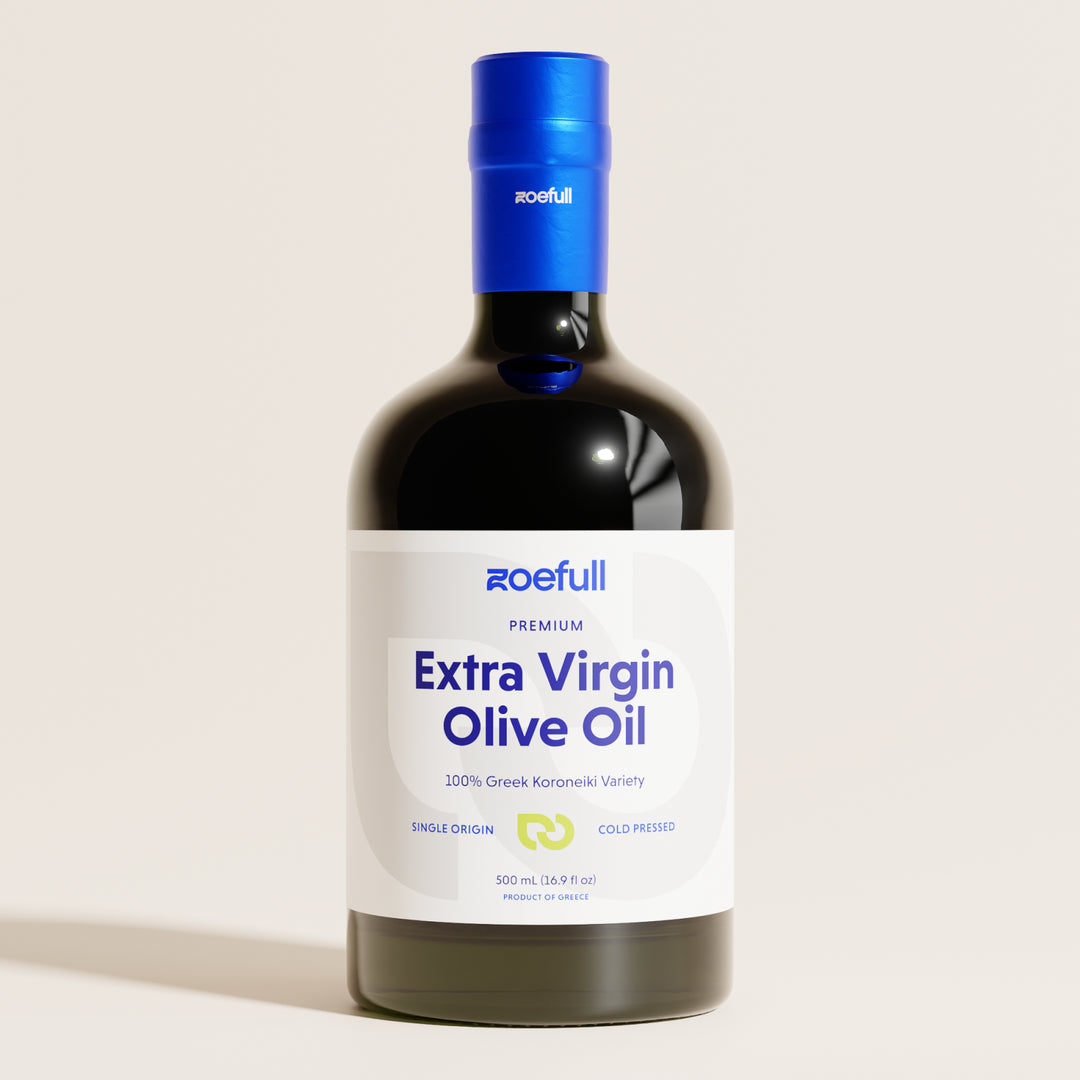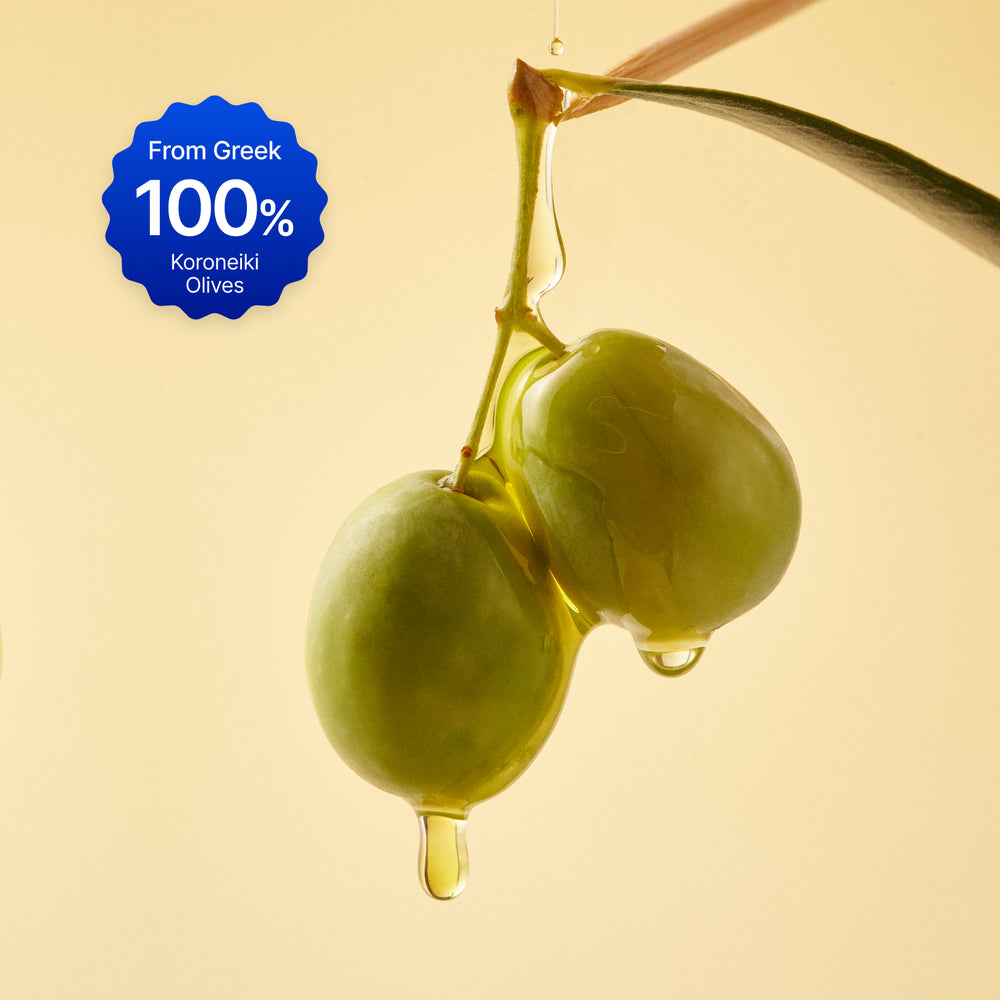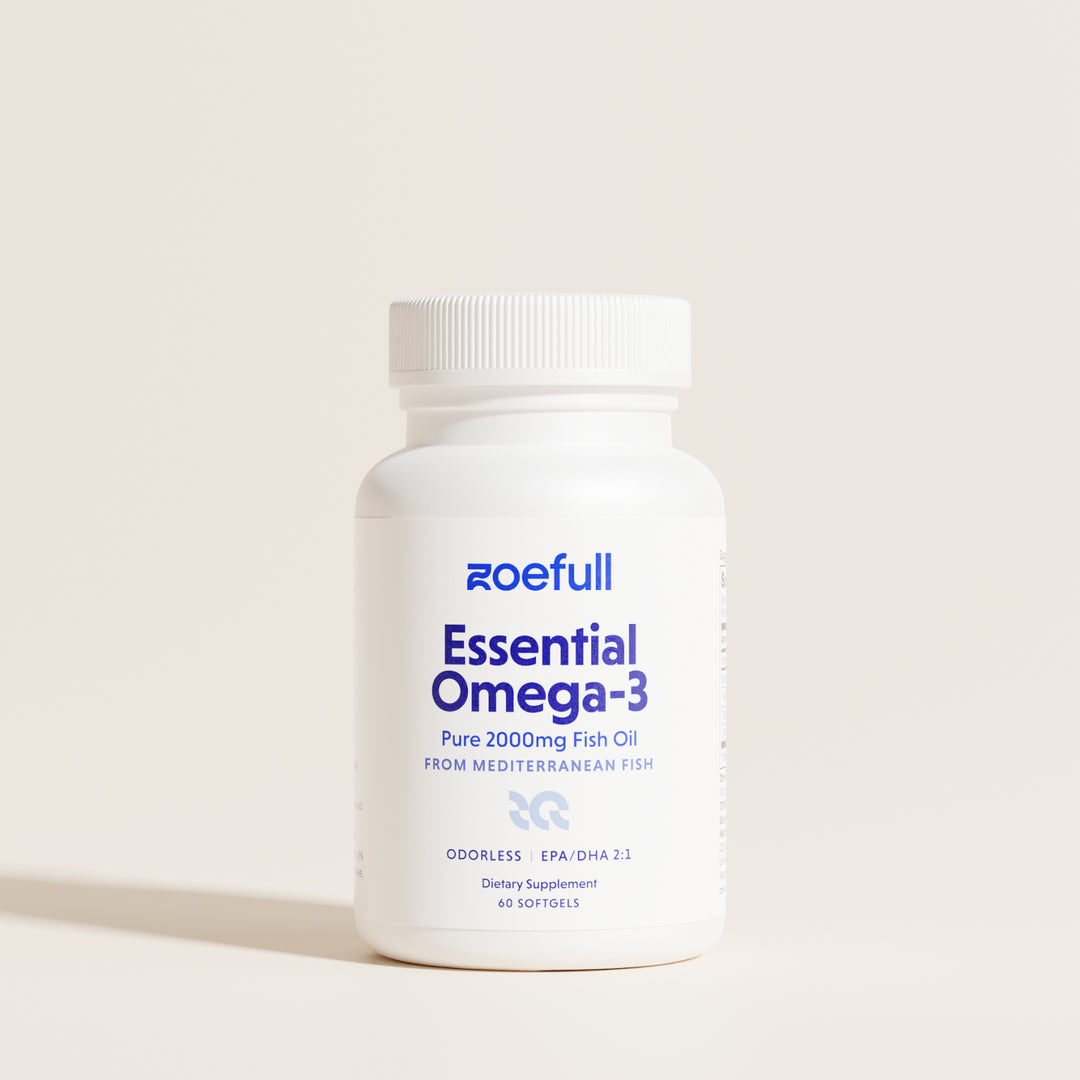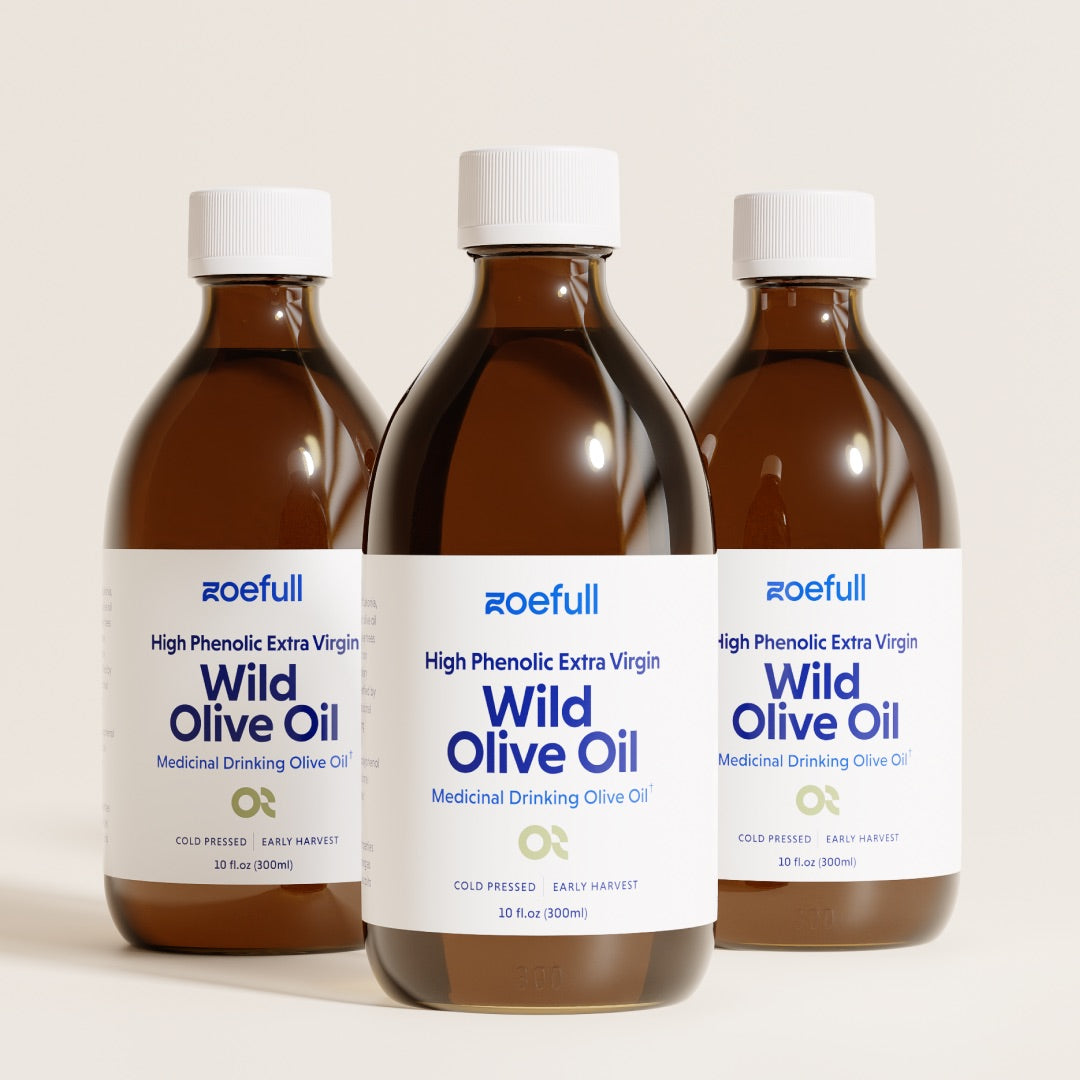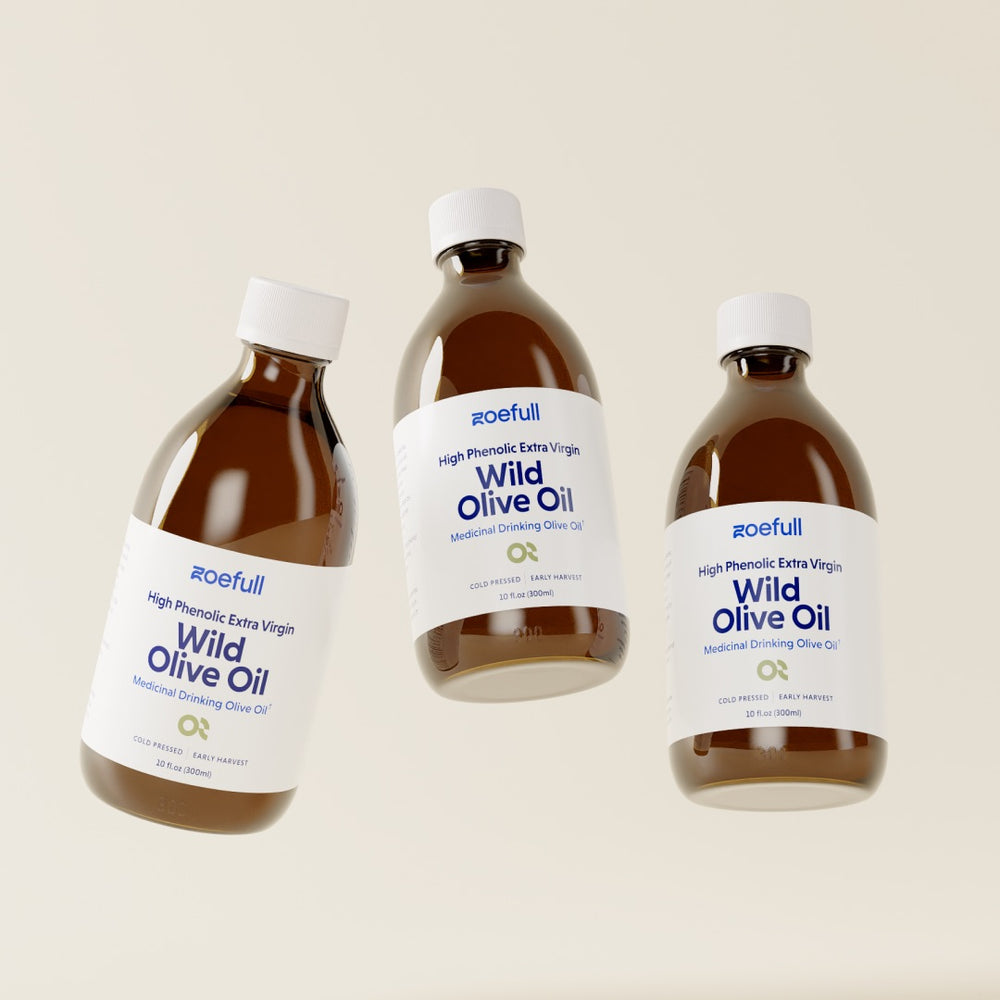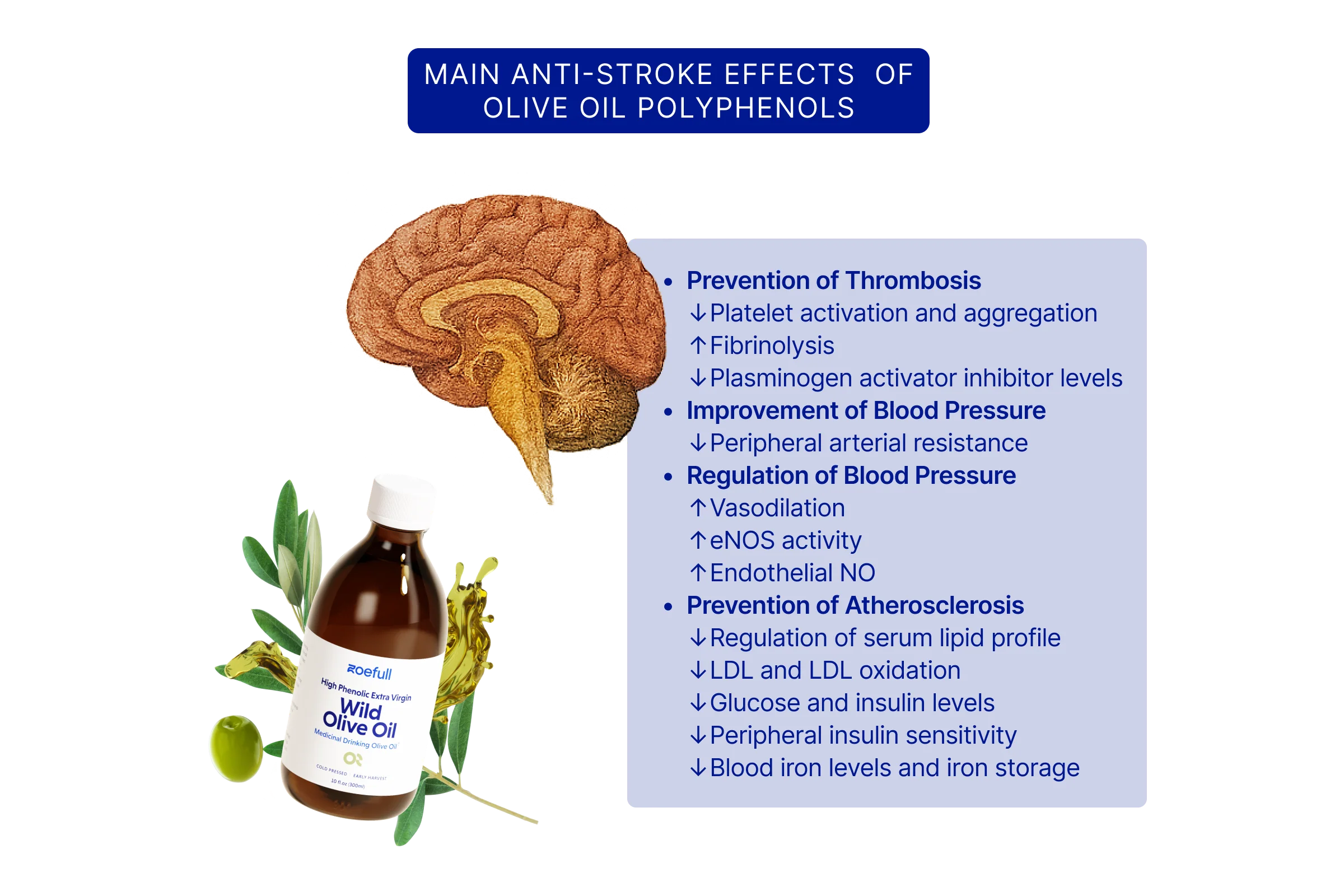Two Tablespoons of Olive Oil per Day Could Prevent Over 200,000 Strokes, Research Shows
Strokes: Overview
We've all heard of the dreaded stroke - perhaps through an unlucky relative who's suffered one. It's a serious event that can either be fatal or leave lasting, life-altering damage. Medically, a stroke occurs when blood flow to a part of the brain is interrupted, causing brain cells to die. There are two main types of stroke:
- Ischemic: This accounts for about 87% of all strokes (1), and occurs when a blood vessel gets blocked and cuts off the blood supply to a brain area.
- Hemorrhagic: This is less common and involves the bursting or leaking of a blood vessel, resulting in bleeding in the brain.
In the United States, strokes are among the top ten causes of death, killing 1 person every 40 seconds (or about 790,000 yearly) (1). In fact, about 1 in 6 deaths from cardiovascular diseases (a broader term which includes other circulatory diseases such as heart attacks), are from strokes (2). More than just a cause of death, stroke survival often comes with lasting challenges, as survivors are at high risk of long-term disability (1). Overall, in the United States, about $60 billion are spent yearly on stroke-related costs (3).
Simple Interventions
It's a shame that strokes cause so much death and disability since there are several simple habits one can take to drastically reduce their risk of both having, and surviving one. One in three Americans, for example, has at least one of the following modifiable risk factors for stroke (1):
- High blood pressure
- High cholesterol
- Smoking
- Obesity
- Diabetes
Thus, quitting smoking, adopting a healthier diet to control cholesterol and blood glucose, staying physically active to improve blood pressure and metabolism, and generally maintaining a healthy weight are all steps we should take to protect ourselves. But, recent research has shown, these are not the only options at our disposal.
There is ample evidence that daily consumption of extra virgin olive oil - the hallmark of the Mediterranean diet - reduces the risk of all major cardiovascular diseases (4). But how effective is it specifically against stroke? A recent meta-analysis set out to answer this question (5).
Martinez-Gonzalez and colleagues examined how daily olive oil intake influenced the risk of developing stroke by analyzing the eating habbits of 38,673 participants. The results were staggering.
The authors reported that just 25 g increase in olive oil consumption per day (about two tablespoons) was associated with a 26% relative reduction in stroke risk. To put that into perspective, given the annual stroke incidence in the United States of 0.24% (~790,000 cases among 330 million people), this would drop to 0.1776% (0.24 x [1 - 0.26]). In absolute terms, such a simple lifestyle change - consuming two tablespoons of olive oil per day - could reduce yearly stroke events from 790,000 to 586,000.
That's 204,000 fewer strokes every year.
And remarkably, these benefits might actually underestimate olive oil's full protective power. The study participants consumed standard-quality olive oils, not the high-phenolic, antioxidant-rich varieties - like our Wild Olive Oil and High-phenolic Extra Virgin Olive Oil - which deliver significantly higher concentrations of brain-, heart- and vessel-protective polyphenols (see also Figure 1 below).
Once again, olive oil has proven to be the golden medicine it's long been known to be - a simple, natural ally against one of the world's deadliest diseases. Make it a daily habit: two tablespoons of high-phenolic olive oil for a for a longer, healthier life.

Figure 1 (from (6)): Main anti-stroke effects of olive oil polyphenols.
References
1) Tsao CW et al; American Heart Association Council on Epidemiology and Prevention Statistics Committee and Stroke Statistics Subcommittee. Heart Disease and Stroke Statistics-2023 Update: A Report From the American Heart Association. Circulation. 2023 Feb 21;147(8):e93-e621. doi: 10.1161/CIR.0000000000001123. Epub 2023 Jan 25. Erratum in: Circulation. 2023 Feb 21;147(8):e622. doi: 10.1161/CIR.0000000000001137. Erratum in: Circulation. 2023 Jul 25;148(4):e4. doi: 10.1161/CIR.0000000000001167. PMID: 36695182; PMCID: PMC12135016.
2) https://wonder.cdc.gov/mcd.htm
3) Martin SS, et al; American Heart Association Council on Epidemiology and Prevention Statistics Committee and Stroke Statistics Subcommittee. 2024 Heart Disease and Stroke Statistics: A Report of US and Global Data From the American Heart Association. Circulation. 2024 Feb 20;149(8):e347-e913. doi: 10.1161/CIR.0000000000001209. Epub 2024 Jan 24. Erratum in: Circulation. 2024 May 7;149(19):e1164. doi: 10.1161/CIR.0000000000001247. Erratum in: Circulation. 2025 Jun 24;151(25):e1095. doi: 10.1161/CIR.0000000000001344. PMID: 38264914; PMCID: PMC12146881.
4) Estruch R et al; PREDIMED Study Investigators. Primary Prevention of Cardiovascular Disease with a Mediterranean Diet Supplemented with Extra-Virgin Olive Oil or Nuts. N Engl J Med. 2018 Jun 21;378(25):e34. doi: 10.1056/NEJMoa1800389. Epub 2018 Jun 13. PMID: 29897866.
5) Martínez-González MA, Dominguez LJ, Delgado-Rodríguez M. Olive oil consumption and risk of CHD and/or stroke: a meta-analysis of case-control, cohort and intervention studies. Br J Nutr. 2014 Jul 28;112(2):248-59. doi: 10.1017/S0007114514000713. Epub 2014 Apr 28. PMID: 24775425.
6) Grubić Kezele T, Ćurko-Cofek B. Neuroprotective Panel of Olive Polyphenols: Mechanisms of Action, Anti-Demyelination, and Anti-Stroke Properties. Nutrients. 2022 Oct 28;14(21):4533. doi: 10.3390/nu14214533. PMID: 36364796; PMCID: PMC9654510.
